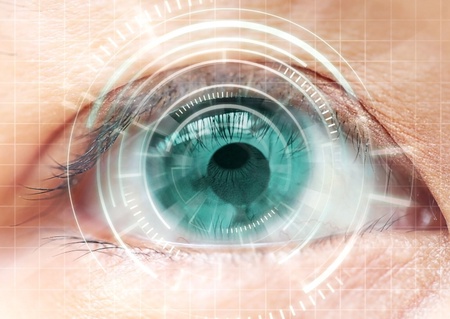A new test for diagnosing obsessive compulsive disorder (OCD) is being developed by researchers at The University of Aberdeen.
A new test for diagnosing obsessive compulsive disorder (OCD) is being developed by researchers at The University of Aberdeen.
The team of researchers and clinicians are currently gathering data to develop a test that can use eye-movements to detect OCD.
There are currently no tests used in routine clinical psychiatric practice to assist with diagnosis of OCD and, diagnosis is based on patient interviews. Consequently, diagnosis can be inaccurate and treatment may be not as beneficial as it could be.
The team, based at Cornhill Hospital in Aberdeen, are looking for patients aged between 18 and 60 who have been diagnosed with OCD to participate in the research. Volunteers would be asked to complete questionnaires and participate in non-invasive tasks that involve looking at pictures and following dots on a computer screen.
Dr Phillip Benson who leads the research said: “In contrast to all other branches of medicine there are no definitive objective tests could distinguish major psychiatric disorders from each other.
“We hope that by developing this test it would not only improve diagnosis and the clinician’s choice of treatment it, would lead to substantial savings to the NHS and society as a whole.
"We are very keen to recruit patients with OCD so that we can further this research and ask that anyone who feels they could participate could contact us.
This is part of a wider study that is investigating the use of eye-tracking tests to diagnose a range of mental health disorders including schizophrenia, bipolar and major depression.”
For more information on how to volunteer please email helen.lemmon@abdn.ac.uk or phone 01224 557959.
ENDS
ENDS


